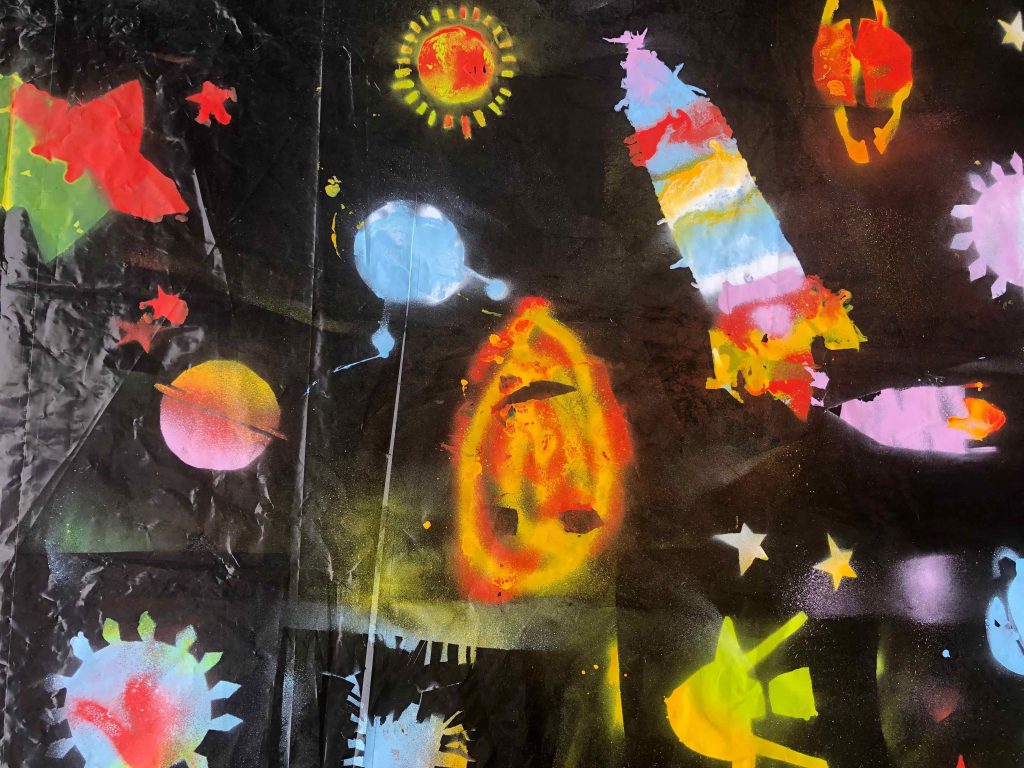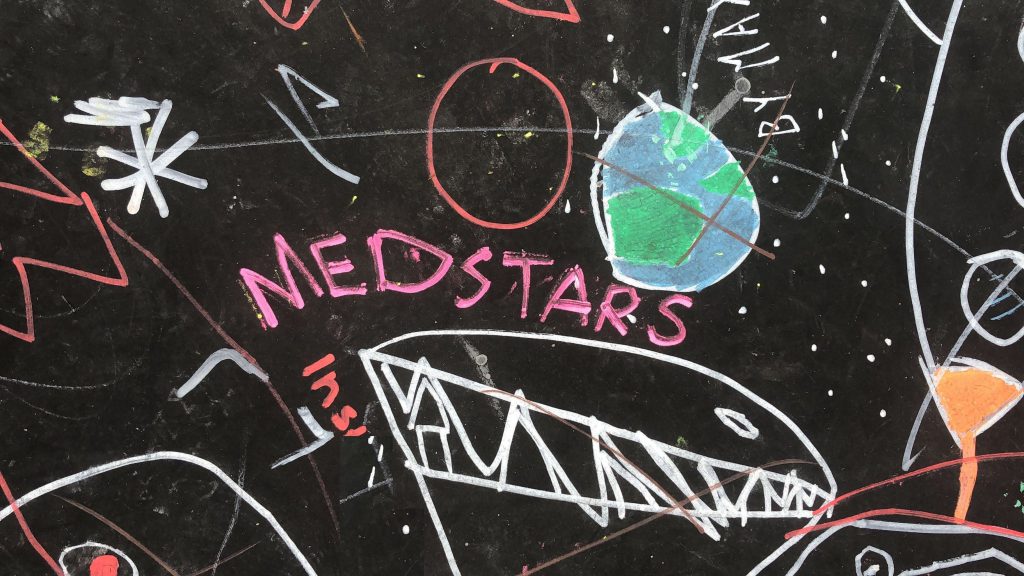10 Things You (Probably) Never Knew About Space, Health and Astronauts
Saturday 20th July 2019 is the 50th anniversary of the first moon landing. But how much do you really know about health and space?
1. Astronauts are actually slightly younger than the rest of us
Yes, really. Astronauts returning from the International Space Station are fractionally younger than they would have been if they had stayed on Earth. This is because the Space Station is moving incredibly fast compared with the Earth. However, living in space is not exactly a fountain of eternal youth: you would have to stay in space for over 70 years to increase your life by one second!
2. Astronauts may add a few seconds to their lives, but they also experience accelerated ageing
Astronauts are generally young and healthy, but being in space gives them many of the standard signs of ageing: muscle wasting, loss of bone density, weakening of the heart and so on. This is because of the lack of gravity, and the changes tend to be much faster in space. For example, older people lose bone mass at around 1% to 1.5% per year, but astronauts lose it at around 1% per month! Fortunately, astronauts tend to recover when they return to Earth.

3. Astronauts have to use special exercise machines to keep their muscles from wasting away
Muscle wasting is a major problem in space, because of the lack of gravity. The International Space Station, therefore, has treadmills and stationary bicycles for astronauts to use to make sure that they will still be able to walk when they return to Earth. The astronauts have to spend at least two hours each day exercising, and they use bungees to strap themselves onto the machines!
4. Astronauts often get motion sickness, especially in the first few days of weightlessness
Astronauts often report symptoms of motion sickness because what they experience and what they expect are different. For example, their bodies no longer perceive ‘down’ because of the lack of pressure on their feet. Some astronauts become really sick. However, the symptoms usually disappear after a few days in space.
5. New robotic surgery techniques have been developed in space
Research into robotics on the International Space Station is helping to develop some new and innovative surgical techniques. These include the ability to perform surgery inside an MRI machine, useful for brain tumours, and a new and less invasive treatment for breast cancer. Technology developed at the Space Station is already used in laser eye surgery.

6. Some diseases may be more virulent in space
Scientists use the International Space Station as a way to find out more about the long-term effects of being in space. They have discovered that certain bacteria and viruses behave very differently in space, with many becoming far more virulent. It seems that an outbreak of salmonella on a spaceship could be a very serious business.
7. The experience of astronauts is helping doctors to treat some common viruses
Almost all humans are infected with one or more forms of herpes virus (the family of viruses that cause chicken pox and cold sores). These viruses tend to lie dormant in the body, and reactivate under stress, such as space flight. NASA scientists have therefore developed a device to detect reactivation early, and this is now being used by doctors for early treatment of shingles.
8. Like deep sea divers, astronauts can be affected by decompression sickness
Decompression sickness is when gases in the blood stream are forced out of solution by a change in pressure, and form bubbles. It happens when divers return to the surface too fast, without giving their bodies time to acclimatise. It is a constant concern for astronauts, because there is so little atmospheric pressure in space that any damage to their spacesuit or spaceship would cause instant decompression.

9. Astronauts have non-essential body parts removed before going into space
Medical problems in space could be a big issue, because you can’t exactly just call an ambulance or pop down the road to the doctor. It is also nearly impossible to do cardiopulmonary resuscitation in space, because of the low gravity. Astronauts are therefore carefully selected to ensure that they are relatively young, and have no medical problems. NASA policy is also for astronauts to have their wisdom teeth and appendix removed before travelling into space.
10. Astronauts are exposed to significantly more radiation than people on Earth
Exposure to radiation is not healthy. It causes radiation sickness, damage to DNA, and cancer. Space programmes therefore put a lot of effort into protecting astronauts from radiation. Studies have shown that astronauts showed changes in their DNA and chromosomes on returning to Earth, many of which could be attributed to exposure to radiation. However, not all of these changes turned out to be permanent.

Medstars Medical Concierge Service
Looking for extra guidance when it comes to your healthcare? Sometimes interpreting medical information and making the best decisions can be daunting and complicated. Our private medical concierge service provides easy access to top UK health experts. We guide our patients with genuine choice and trust, offering a bespoke service for anyone in the world seeking private UK healthcare. Learn more about Medstars Medical Concierge Service. Want to learn more about providing our medical concierge service as an employee benefit? Learn more about Medstars Medical Concierge for Business.
